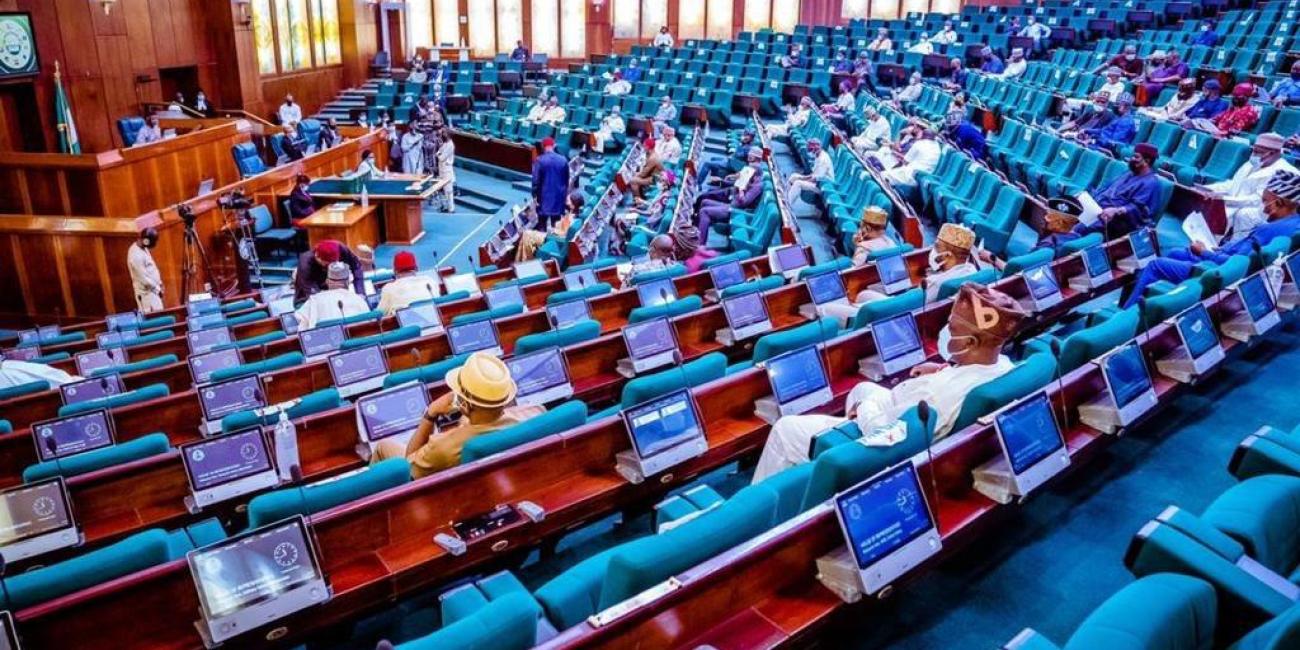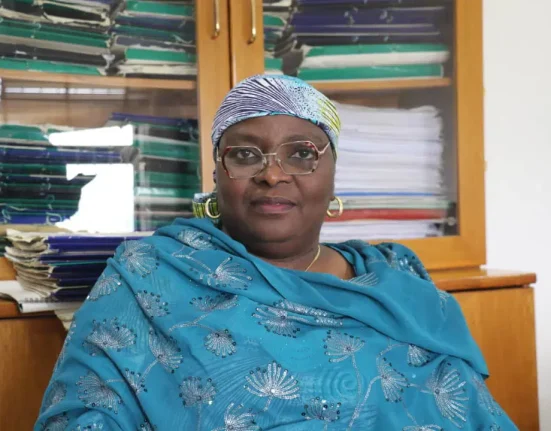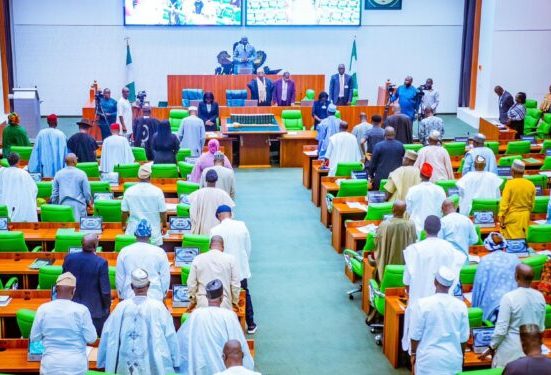The House of Representatives is currently deliberating on a new legislative proposal that seeks to compel public officials and civil servants in Nigeria to exclusively use government-owned schools and healthcare facilities, in a bold effort to restore public confidence in the nation’s educational and health sectors.
The bill, titled “A Bill for an Act to Prohibit Public and Civil Servants from Using Private Schools and Health Care Services and for Related Matters (HB 2487),” was introduced during plenary on Tuesday. The proposed law would effectively bar elected officials, political appointees, and public servants, along with their immediate family members, from patronising private education and medical institutions while in office.
Speaking to journalists shortly after the bill’s presentation at the National Assembly, the sponsor, Hon. Amobi Godwin Ogah, stressed that the measure is designed to ensure that public servants experience firsthand the quality of services delivered in government-run institutions. According to him, this would in turn compel those in leadership positions to invest more seriously in the improvement of public infrastructure and service delivery.
“It is time we began to hold ourselves accountable by using the same schools and hospitals that the average Nigerian relies on. If our children attend public schools and our families depend on public hospitals, then we will have no choice but to fix them,” Ogah stated.
The proposed legislation has already begun generating significant public interest, with many Nigerians expressing support for a law they believe could help bridge the gap between the political elite and the ordinary citizen. Critics of the current system argue that the widespread use of expensive private institutions by government officials contributes to the neglect and underfunding of public services.
If passed into law, the bill will mark a significant policy shift and could signal a new era of accountability in the Nigerian public service. However, it is expected to face stiff resistance from some quarters, particularly those who argue that such restrictions may infringe on personal freedoms or limit access to quality services.
Nonetheless, supporters of the bill insist that it is a necessary step toward building equitable systems and ensuring that public institutions receive the attention, funding, and reform they urgently require.
Debate on the bill is expected to continue in the coming weeks as lawmakers deliberate its implications and viability.







